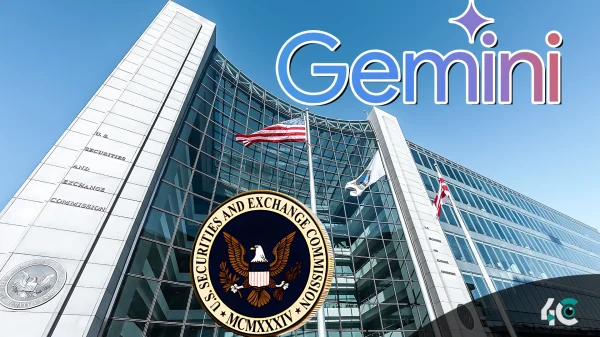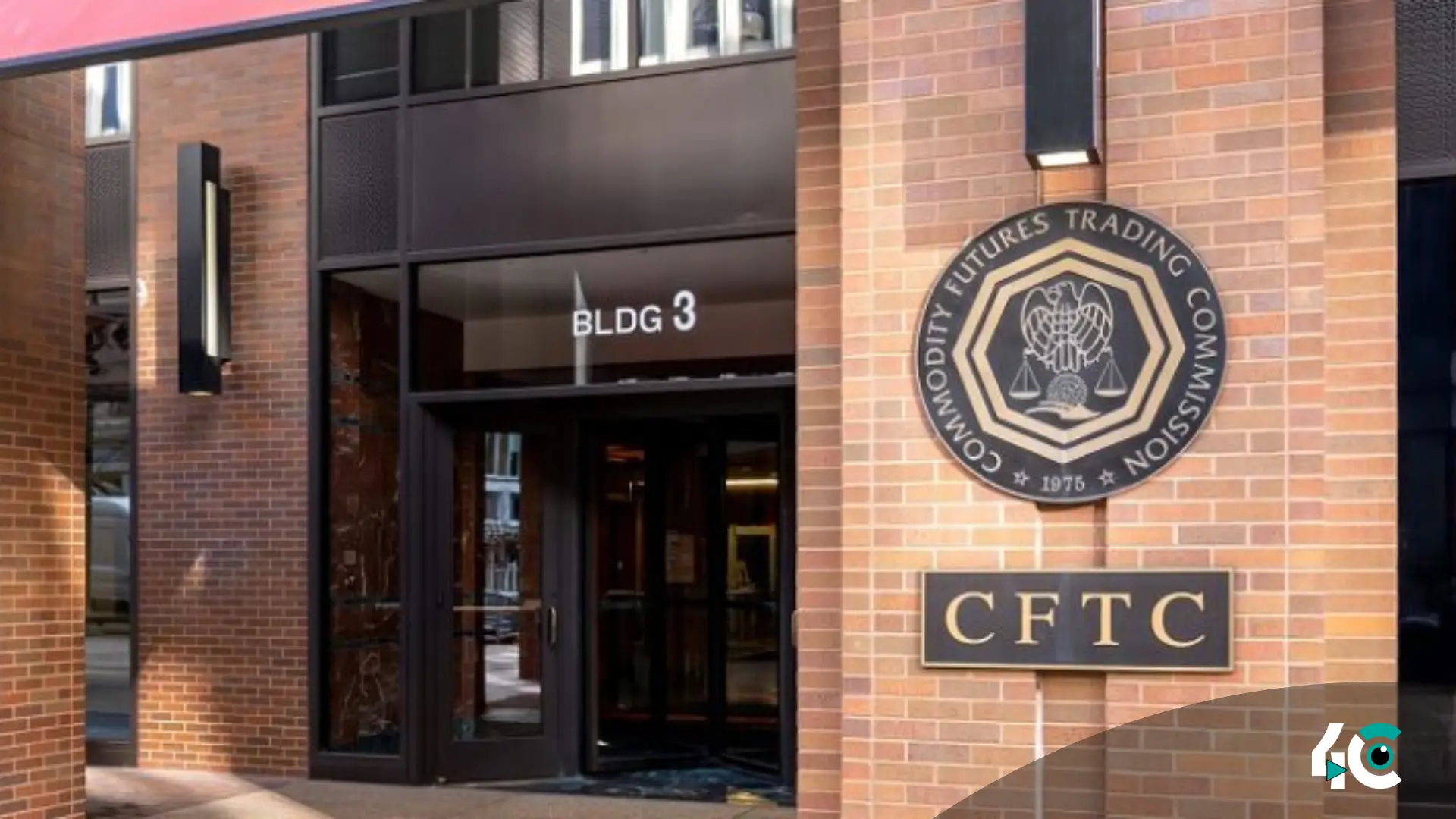The company that created the decentralized exchange Uniswap, Uniswap Labs, has agreed to settle charges made by the U.S. Commodity Futures Trading Commission (CFTC) that it illegally let small buyers trade cryptocurrencies with leverage. The CFTC said on September 4 that Uniswap Labs would pay a $175,000 fine and stop breaking the Commodity Exchange Act (CEA).
The CFTC made it clear that it will keep strictly enforcing the CEA even as decentralized finance (DeFi) systems change. Ian McGinley, who is in charge of enforcement at the CFTC, says that DeFi operators must make sure that they follow the rules that guide deals in digital assets. Uniswap is being charged with fraud because it sold “leveraged tokens” that let users trade with more risk involving cryptocurrency like Ethereum and Bitcoin. The legal action was taken because these deals were not properly registered, which was the CFTC’s job.
There was some disagreement within the CFTC about its ruling. Commissioner Summer Mersinger was worried about what she called “regulation through enforcement.” She criticized the agency for not giving more clear instructions on how DeFi platforms could follow the rules that are already in place. Caroline Pham, a commissioner, also didn’t agree. She questioned the legality of the charges and warned that they could hurt growth in the DeFi area.
Uniswap Labs did not confirm or reject the results, but they did help the CFTC with their probe. The leveraged tokens that caused the charges were made by a third party, and trade in them has already been stopped by the company.
Even with this settlement, the U.S. Securities and Exchange Commission (SEC) is still closely watching Uniswap Labs. The SEC previously sent the company a Wells Notice, which meant that they could be sued for running an illegal securities exchange.
Uniswap is one of the most well-known decentralized finance systems. It makes it possible for funds to be traded between different blockchain networks. The site had locked up more than $4.3 billion in value as of September 4.














































